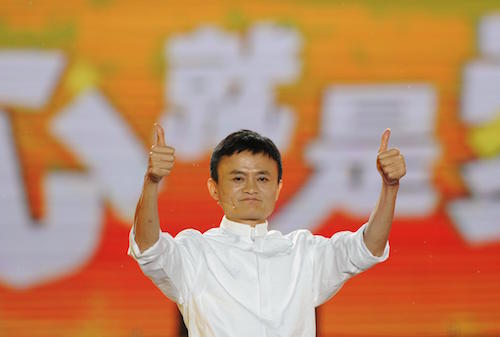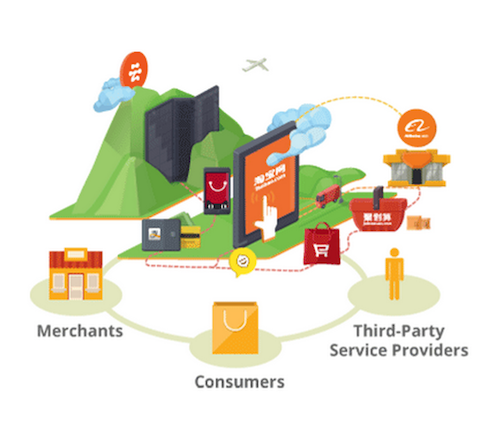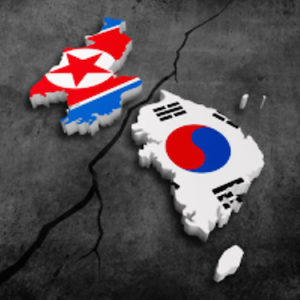“If the United Nations was fully funded why would we need the Arc or social enterprise?”
The mission and doctrine of the United Nations is in essence facilitating international cooperation in areas such as security, economic trade, global crises, and humanitarian issues. It in itself represents the guiding hand of a cohort of nations, assisting and addressing global issues should they arise. Thus, if this body was fully funded, with “fully” defined as the level of financing to the point where all of the organization’s objectives can be met, then I think that humanitarian issues would be solved to a degree, and global crises would be addressed immediately.

So to address the question of the necessity of the Arc or social enterprise, I believe that there would still be a need for both. A fully funded UN could execute solutions to humanitarian problems, but it wouldn’t be able to provide the specific development that the Arc provides. Moreover, with regards to the fact that the UN is only invested in areas where there is obvious need, I think that social enterprise can still result in a betterment of society; with respect to Freeman’s stakeholder theory, the actions that the UN performs only affect those in third-world countries, but I think that social enterprise also yield some form of impact in developed countries too.
Image source (1) and source (2)
UN gives them the resources, but things like arc give the people the know-how to use it effectively.





 , where stakes are low, and the company is always about delivering a product to the consumer. But that was so ten years ago.
, where stakes are low, and the company is always about delivering a product to the consumer. But that was so ten years ago.

 .
.




